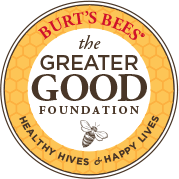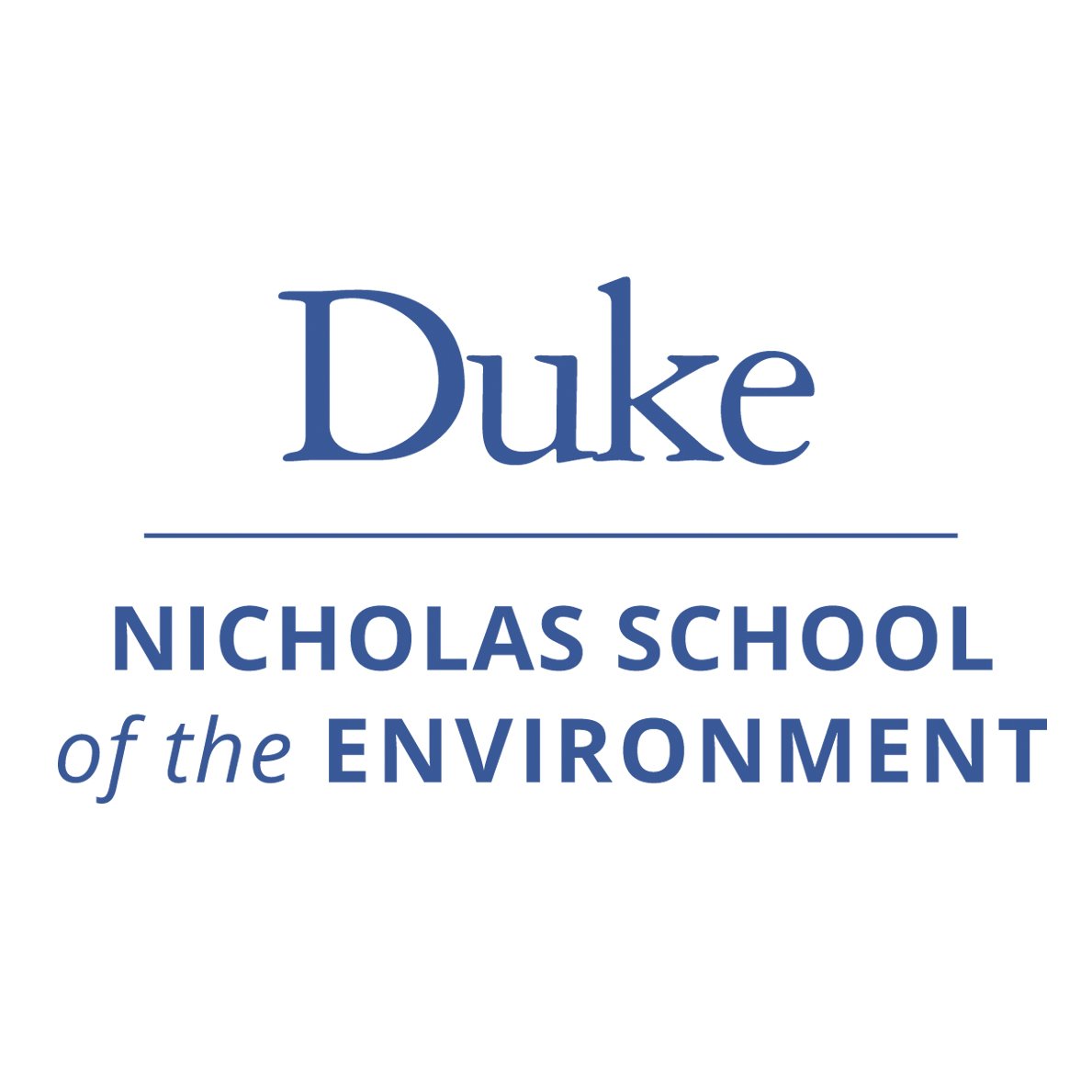This year, Keep Durham Beautiful (KDB) has taken time to reimagine our mission and values and the unique position of our organization as a connector between partners and Durham communities. With this renewed commitment to community resilience, Keep Durham Beautiful staff served a pivotal role in the Durham Environmental Coalition (DEC) as part of a planning committee for a Fall workshop series focused on race and equitable partnerships.
“Learning to do better and unlearn can be very lonely and isolating, and when we inevitably misstep it really helps to share and learn from others so as to not be discouraged.”
The Durham Environmental Coalition (DEC) is a group of environmental and community-focused organizations, businesses, and individuals dedicated to upholding sustainability in the Durham area. Notable members of the DEC include the Ellerbe Creek Watershed Association (ECWA), New Hope Audubon Society, Slice 325, and Duke University’s Diversity and Equity in Environmental Programs Collaborative (DEEP). In previous years, the DEC has held workshops addressing equity and diversity in Durham for organizations and community members. However, after noticing a growing need for trainings focused on partnerships, The DEC partnered up with Dr. Nicolette Cagle at Duke University and CJ Broderick with Equity Paradigm to plan and launch a 3-part workshop series titled, “Race, Power and Partnership”.
The workshop series took place from September to November 2022 at the Forest History Society, and featured 12 participating organizations with 3 representatives each, a total of 36 individuals ready to do the necessary work. Participants were tasked with doing readings and homework before and after the workshops, actively engaging in discussions and coming prepared to share insights and struggles during the workshop.
Dr. Nicolette Cagle introducing the panelists during session 1.
The series targeted White-led organizations in the Durham area with a vested interest in forming authentic partnerships with Black and Brown-led organizations. The conversation on forming partnerships cannot continue however, without acknowledging the roles white supremacy ideology and power structures play in successful and less than fruitful partnerships. The first session was a panel discussion with representatives from 2 Black-led organizations who shared their varied experiences with past partnerships. Panelists Kamal Bell with Sankofa Farms and Shemecka McNeil with Slice 325 shared their struggles with getting established in Durham and forming equitable partnerships with White-led organizations. This first session also featured a breakdown of white supremacy culture led by CJ Broderick. Participants read “White Supremacy Culture” by Tema Okun in preparation for the conversations in this session examining how white supremacist ideals permeate in society and their influence in our interactions.
“I hope the participants from White-led organizations feel moved to allow even more open vulnerability and accountability in moments both public and private. I hope this session helped push commitments beyond just promoting diversity, but also up-rooting white supremacy culture.”
KDB staff Tania Dautlick and Ellie Dilworth shared KDB’s partnership plan in session 3.
Planned by Sarah Guidi from Triangle Community Foundation (TCF) and Dr. Nicolette Cagle from Duke University, session 2 was a more introspective session for each organization, where they had a chance to work in small groups. Participants heard the results of an equity survey they participated in as homework for session 2 and worked within their organization's group on an assessment of a potential or past partnership, examining how they approached issues of power, decision-making, resource sharing, and publicity in this partnership. Through this activity, participants also saw how the hierarchy in their own organizations can inform how staff approach partnerships (program director vs. coordinators vs. communications specialists, etc.).
“[I hope participants got] a deeper understanding of various things to consider when building trust and partnering with black and brown-led organizations and to create a sense of peer support among representatives from white-led organizations eager to engage in this work.”
KDB staff Princess Mutasa introduced the panelists and topics for session 3.
The final session of the workshop series was organized by Keep Durham Beautiful’s Tania Dautlick and Princess Mutasa and was the culmination of the first 2 sessions. Each organization presented either their partnership plan or approach for future opportunities, or shared about recent experiences and the internal conversations they are now having through the lens of power and race dynamics.
“The organizations showed vulnerability, a willingness to learn, and commitment to engaging authentically with the way that the environmental movement in the United States has historically and often continues to exclude Black and Brown people.”
The assignment for this final session was open-ended to allow organizations the flexibility to express where their organizations are in partnership assessments, but was a richer experience than expected. Groups opened up with past concerns, present issues, and future considerations regarding partnerships. Delphine Sellars with Urban Community AgriNomics (UCAN), Naadii Salaam with Bull City Trailblazers, and Shemecka McNeil with Slice 325 offered feedback to participants on their plans and concerns, and shared their own experiences with power and race structures in Durham. A recurring insight during this session was the acknowledgement that forming partnerships can be a mix of trial and error, and recognizing that mistakes may be made, but they are learning opportunities to do better moving forward.
“I hope participants learned meaningful ways that they and their organizations can more equitably engage with BIPOC organizations.”
This workshop series was the first of its kind the DEC has put together, and was well received by participants. The hope is for participants to continue the conversations and work started in this series within their organizations, and continue to pursue authentic collaborations with Black and Brown-led organizations. Stay tuned to see what the DEC gets up to next!
DEC workshop organizers From L-R: CJ Broderick (Equity Paradigm), Marcia Mandel (New Hope Audubon Society), Tania Dautlick (KDB), Princess Mutasa (KDB), Dr. Nicolette Cagle (Duke), Rickie White (ECWA), L.A Davis-Durante (ECWA), Sarah Guidi (TCF), and Shemecka McNeil (Slice 325) .
A gracious thank you to our workshop organizers and funders for the workshop series, without whom this work would not have been possible!
For organizations interested in joining the DEC: We meet monthly on the second Monday at 11am-noon via Zoom for an hour of networking, peer presentations and discussion. Join our listserv to receive meeting notifications and participate in the conversation.
To be added to the meeting announcement listserv please email Jordan Thomas.








